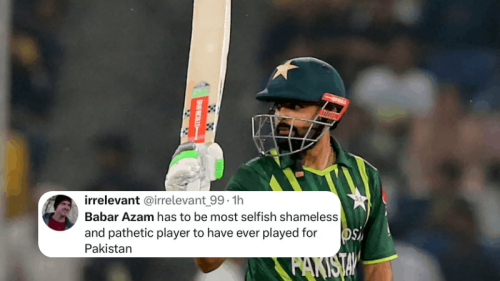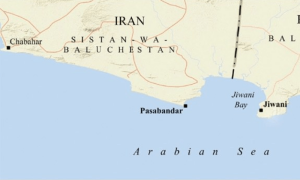THE unfortunate state of US-Pakistan ties has been the topic of discussion in this space on more occasions than one can easily count. And yet, even as the year draws to a close, the stumbling blocks keep on coming. Despite some reports that the Nato strike on Saturday that took the lives of 24 Pakistani soldiers may have been in self-defence, the attack will continue to smack of the arrogance of a superpower until a joint investigation is allowed to establish the facts of the case. Dismissing it as yet another mistake or instance of miscommunication, or simply expressing regret, will not satisfy Pakistanis in the light of such heavy troop casualties.
Aside from the international response, what has put ties at risk is the predictable political fallout at home. Protests that have been held around the country prove that the incident has already expanded the space for right-wing and anti-American viewpoints that do not incorporate a realistic assessment of the importance of the relationship. It has also put the administration, already battling memogate and governance and corruption issues, under further pressure. From that perspective, the government's immediate and intense reaction was a smart move; its flurry of action on Saturday and Sunday, and the decisions taken by the Defence Committee of the Cabinet, should help limit that pressure. But the domestic fallout from the Nato strike has still made cooperation with America more costly for the Pakistani government, and may end up having a similar effect in Washington in light of the DCC's decision to block Nato supplies and demand withdrawal from Shamsi airbase.
This is all very worrying, given the one thing about US-Pakistan ties that is clear: maintaining a constructive or at least working relationship is crucial at this juncture. As the deadline for the American withdrawal from Afghanistan approaches, there are several areas in which the two need to cooperate. One is security. Coordination along the Pak-Afghan border and the denial of safe havens to militants are necessary for ensuring the security of all three nations. Second, Afghan reconciliation. Attempts to bring Taliban insurgents into the political process are necessary if there is to be any chance of avoiding a repeat of what followed the withdrawal of the Soviets in 1989. Pakistan will have to be a key player in any process that is effective and durable, but rumours are already afoot that it may boycott the Bonn conference. Third, military and development assistance for Pakistan as tools to combat militancy should be maintained. Saturday's Nato strike has put all these aspects at risk.








































